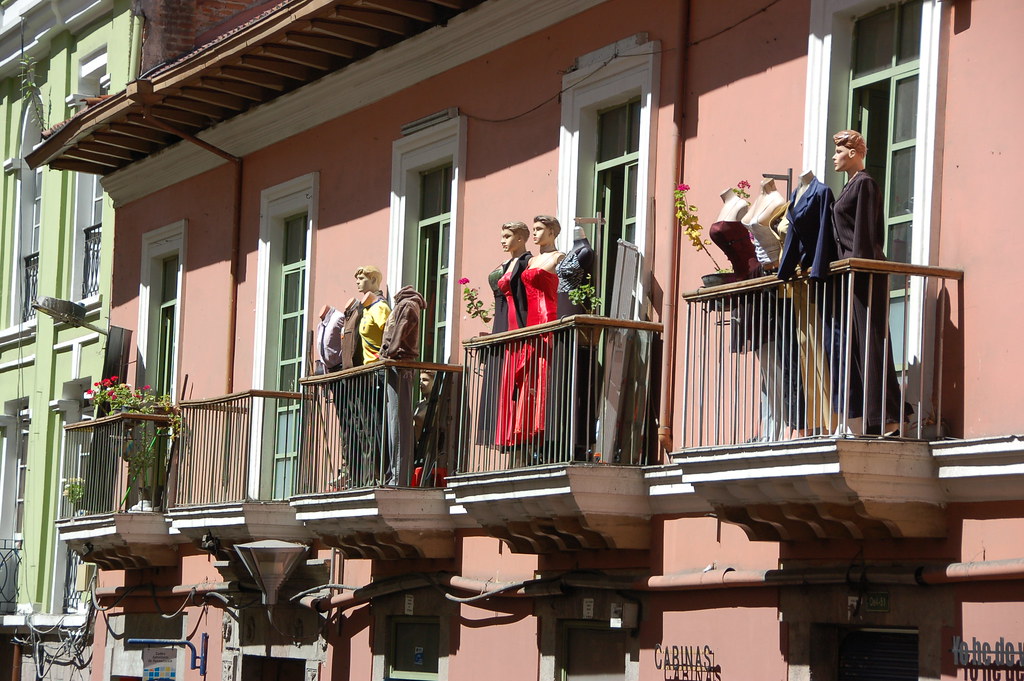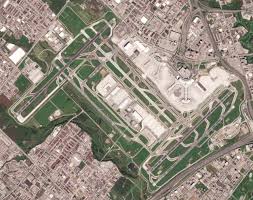
Introduction
Quito, the capital city of Ecuador, stands as a remarkable blend of history, culture, and natural beauty. Nestled at an altitude of 2,850 meters in the Andean foothills, Quito is one of the highest capital cities in the world. This UNESCO World Heritage Site is renowned for its well-preserved colonial architecture, vibrant indigenous culture, and striking landscapes. As Ecuador recovers from the impacts of the COVID-19 pandemic, the significance of Quito as a tourist destination is becoming increasingly relevant.
The Cultural and Historical Significance
Founded in the 16th century on the ruins of an Incan city, Quito has played a pivotal role in Ecuador’s history and identity. The historic center, dominated by the impressive Basilica del Voto Nacional and the Iglesia de San Francisco, reflects the city’s rich heritage. Recent preservation efforts aim to maintain the integrity of this architectural landscape while enhancing visitor experiences.
In addition to its colonial marvels, Quito is home to numerous museums, such as the Museo de la Ciudad and the Capilla del Hombre, which celebrate both its indigenous roots and contemporary art. Festivals and events, including the Fiesta de la Luz, highlight the city’s vibrant culture and foster community spirit.
Tourism and Current Developments
As Ecuador emerges from pandemic restrictions, tourism in Quito is seeing a resurgence. Recent statistics indicate an increase in international visitors, drawn by the city’s unique attractions and proximity to natural wonders like the Cotopaxi Volcano. Local businesses are adapting with new safety protocols and innovative services, aiming to enhance the traveler experience.
In 2023, the city has also invested in infrastructure improvements, including upgraded transportation systems and enhanced public spaces, to accommodate the growing number of tourists while ensuring sustainability. The influx of visitors provides a vital boost to the local economy, benefiting shops, restaurants, and cultural institutions.
Conclusion
Quito stands at a crossroads, balancing the challenges of modernization with the preservation of its rich cultural legacy. As it continues to attract visitors from around the globe, the city offers a wealth of experiences that reflect both its historical significance and its vibrant present. For potential travelers, Quito represents not only an exciting destination but also an opportunity to engage with a unique society and its traditions. The future looks promising for Quito as it re-establishes itself on the global stage, welcoming exploration and appreciation from all corners of the world.






